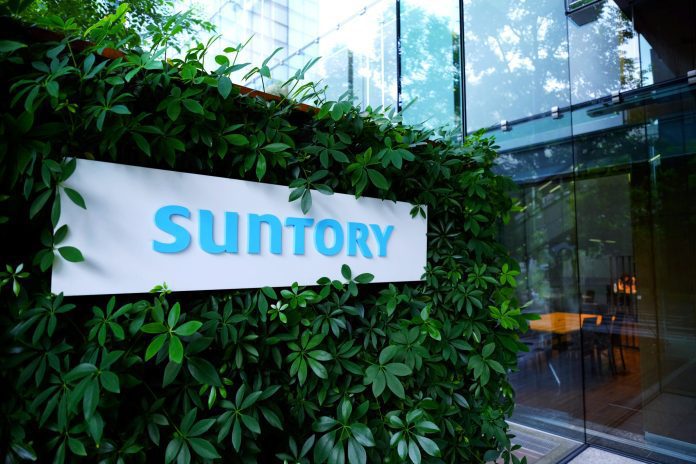Suntory Beverage & Food, the soft drinks division of Japanese drinks company Suntory, has recruited Hitachi to deploy its Lumada-branded IoT platform and IoT analytics applications at its newly opened water plant in Omachi, in the Nagano Prefecture in Japan. Separately, HItachi has announced a new smart factory for semiconductor production in Oregon, in the US, in response to the rise of AI, IoT, and 5G.
The Kita-Alps Shinano-no-Mori water plant is key for the firm’s targets to reduce CO2 emissions from production of beverages to net zero by 2050. The new factory, just opened, uses renewable energy, notably solar power, and locally produced biomass fuel; it also introduces “energy-saving methods and… energy-saving equipment”. The site produces water for Schweppes, Orangina, Oasis, Lucozade, Ribena, and Sunny Delight.
The deployment of the Lumada platform is geared to “precision traceability” and “digital transformation of factory management and work styles”. Suntory has engaged with Hitachi on a period of “collaborative creation” around data optimisation across manufacturing silos. “Operations of this platform have begun,” said Hitachi.
A statement said: “Until recently, data was collected and utilized by each processing and production line [and each] was individually optimized. The developed IoT platform at the new factory… quickly collects and integrates a variety of data from overall factory production facilities and equipment, as well as from the IT systems for procurement, production, quality management, and shipment.”
It added: “The companies aim for a next-generation factory model that is overall optimal and continues to evolve by connecting this data and using in the installed software.”
The traceability element of the work seeks integrate manufacturing, inspection, and quality information about products, to be able to quickly trace the product histories and impacts when errors occur in facilities or equipment. The process was carried out annually before. The strategy is to offer “constant quality improvements”, said the pair.
The proposed “work style reforms” cover automation of other manual processes, managed in IoT dashboards, including report writing and data processing to respond to inquiries. The firm said it has been able to better manage remote working and work efficiency by automating “previously human-intensive labour”, freeing humans to do “more creative work [that] can only be done by human beings”.
The third element of the project, around factory management, will combine a number of Lumada solutions, and integrate data from IT and OT silos, covering production processes and equipment, producing up to 1,000 bottles per minute. Production data is to be collected, integrated, and analysed, they said – “promoting visualization and digitalization for the entire factory through use of IoT”.
Suntory said it will evaluate the “next-generation factory model created with this project” to expand to other factories.
Meanwhile, the US division of Hitachi’s computing division, Hitachi High-Tech, has opened a new semiconductor smart factory in Hillsboro, outside of Portland, in Oregon. The site, which consolidates an existing development facility at the site, is being presented as a ‘centre of excellence’ to support customers to solve technology challenges and partner on new innovation.
The move is a response to the “expanded implementation of AI and IoT, as well as the emergence of 5G compatible digital devices”. A statement said: “Capital investment in data centres and base stations that support such data transmission is accelerating. Demand for semiconductor devices for automobiles and autonomous driving technology is also growing.”
It added: “The semiconductor device market [will] continue growing and expanding… Customers require continuous and uninterrupted technology innovation.” The site will focus on solving tech issues related to scaling, multi-layering, and 3D memory and logic devices. It will be geared around the Lumada platform and threaded with Lumada applications.
The new two storey facility at the Hillsboro site will be completed in August 2022, said Hitachi. It said: “The site will utilize our latest process, inspection, measurement, and analysis systems based on Hitachi’s core technologies for ‘observation, measurement, and analysis’ and… IT and OT technologies to create these unique solutions.”

